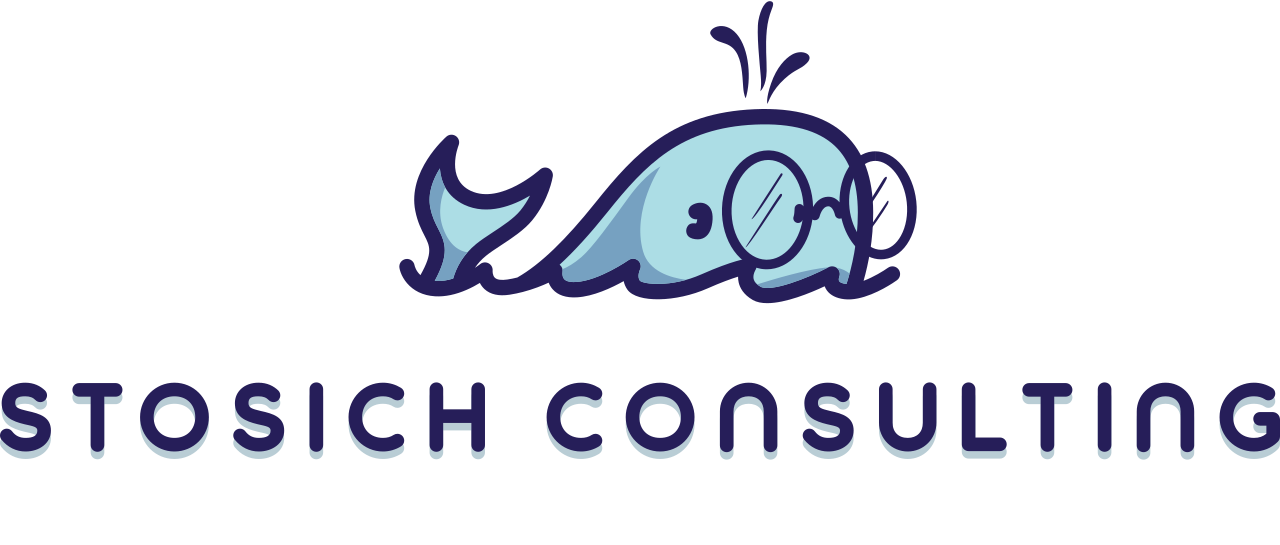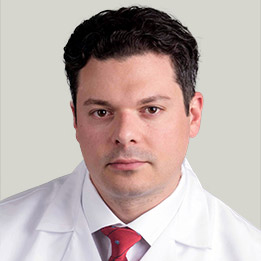Can Braces Help Me Stop Grinding My Teeth?

Grayslake. IL – Are you a tooth grinder, who deals with constant headaches and jaw pain? Or do you have frequent headaches and jaw pain, but aren’t sure what is causing it? How can you tell if you grind your teeth, and how can you put a stop to it?
First, let’s take a look at tooth grinding to learn a little more about what it is and how it can affect the body.
Bruxism, or tooth grinding, is the clenching or grinding of teeth that typically occurs during sleep, however, in some cases it can happen during waking hours, as well. Regular tooth grinding can cause significant damage to the teeth, as well as headaches and jaw pain. People with irregular bites and crooked teeth tend to be more prone to bruxism.
However, this isn’t the only reason a person may grind their teeth. Stress, anxiety and sleep disorders can also be factors that lead to bruxism. There may also be a link between some medications, especially those associated with depression, Parkinson’s disease and Huntington’s disease, that could make a patient more prone to tooth grinding. Many people who have sleep apnea are also likely to grind their teeth at night.
In some instances, people may not even be aware that they grind their teeth until a partner tells them, or a dentist notices signs of wear. Many people who grind their teeth experience symptoms of tooth grinding but may not realize the true culprit.
If your upper and lower jaws do not fit together properly, it can result in a lot of issues that you may not even realize are caused from your mouth. While headaches and jaw pain are the most obvious, the tension created by grinding and clenching your teeth can actually travel to other areas of your body that you might not even associate with your smile. Pain and tension in your back, shoulders, neck and temples can be caused by teeth grinding, which is often caused by an abnormal bite.
So, can orthodontic treatment put an end to teeth clenching, headaches and jaw pain?
The goal of orthodontic treatment is to create a straighter smile and more stable, properly functioning bite. Crooked or misaligned teeth inhibit proper jaw function, and an irregularly functioning jaw can cause pain and unnecessary wear and tear on your smile and body. Orthodontic treatment can be an excellent solution to correcting underlying issues with your bite that may predispose you to bruxism. Correcting the way your teeth fit together may relieve your need to grind your teeth.
Some patients may notice an uptick in their tooth grinding in the first days of orthodontic treatment. As your mouth adjusts, this will taper off and once the teeth are moved into proper alignment, your tooth grinding should stop.
When seeking treatment for tooth grinding, it is important to understand the causes of it so that you can be prepared in case orthodontic treatment is not the solution for you. Some patients may need to look at other issues that could lead to bruxism, including:
- Stress is a major factor for tooth grinding, so looking for ways to decrease your stress and anxiety can help stop grinding.
- Alcohol consumption can lead to grinding, so reduce your consumption, especially prior to bed.
- Caffeine can also be a factor in tooth grinding, so reduce consumption of products containing it.
- Illness or dehydration can lead to tooth grinding, so be sure you take care of yourself and stay hydrated throughout the day.
If you grind your teeth at night and it is taking a toll on your body and life, schedule a consultation with an orthodontist today to learn how orthodontic treatment may be able to help. Dr. Stosich customizes every treatment plan to include the ideal combination of appliances and braces/aligners, as needed to provide the best results. His careful and scientifically-backed treatment planning ensures patients receive the very best care to meet their needs.
Contact Dr. Stosich at Stosich Consulting today at 847-548-4200 (Grayslake) or 224-408-2200 (Kenilworth).


